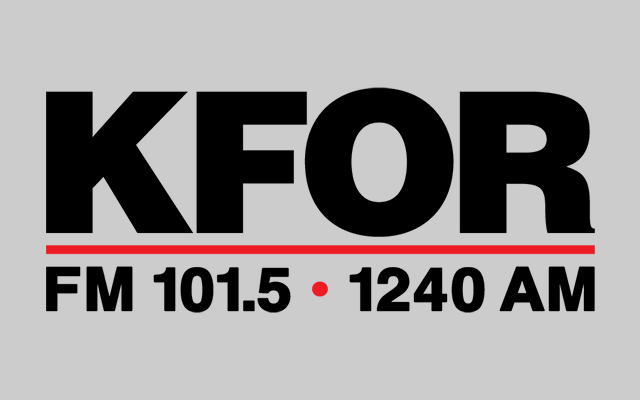Mayor Introduces Budget Gap And Maintaining Services Plan

LINCOLN–(News Release)–Mayor Leirion Gaylor Baird on Thursday introduced her administration’s plan to fill the potential $6.79 million gap in sales tax revenue for the City’s two-year budget.
As the City approaches the mid-point of the 2018-2020 biennium, the City Finance Department is projecting a $2.66 million shortfall for the current 2018-2019 fiscal year and a $4.13 million shortfall for the 2019-2020 fiscal year due to aggressive sales tax projections and lagging sales tax receipts.
| Budget Year | Projected Sales Tax | Anticipated Receipts | Difference | ||||
| 2018-19 | $ 80,620,335.00 | $ 77,957,341.00 | $ (2,662,994.00) | ||||
| 2019-20 | $ 83,643,597.00 | $ 79,516,488.00 | $ (4,127,109.00) | ||||
| Total | $ 164,263,932.00 | $ 157,473,829.00 | $ (6,790,103.00) |
“My approach to solving this shortfall in projected revenues prioritizes ensuring fiscally responsible stewardship of Lincoln and maintaining services our residents expect,” Mayor Gaylor Baird said.
To address the gap in the current fiscal year ending August 31, Mayor Gaylor Baird recommends using cash reserves to make up the difference in projected revenues. The reserves are currently equivalent to 35% of the City’s general fund budget, well above the 20% required by the City’s cash reserve policy.
To address the 2019-2020 shortfall, the Mayor recommends making $3 million in cuts and using a portion of a $1.8 million increase in projected property tax revenue due to revaluations and construction growth. “I am recommending that part of those unanticipated property tax funds be added to the cash reserve when they are received next spring,” she said. “That means the sales tax gap will only reduce our reserves by about $1.9 million by the end of the biennium. The City’s cash reserve is an important tool to protect the City and our residents from unforeseen circumstances, and it is always prudent to maintain and protect a healthy balance in reserve.”
The original budget called for transferring $949,000 in 2018-2019 and $994,000 in 2019-2020 to the streets budget on the condition that revenue projections were met. Because revenue is not meeting projections, the budget does not authorize the transfer of those sums to streets, and therefore those conditional transfers totaling about $1.9 million will not occur. The $3 million figure includes that amount and about $1.1 million in departmental budget reductions.
Gaylor Baird said that even without the conditional transfers, street expenditures for both years of the biennium will exceed previous allocations (see attached graph). The City’s increased dedication of resources for streets — $59.3 million in 2018-2019 and $60.5 million for 2019-2020 — does not include the estimated $13 million the City will receive annually from the voter-approved quarter-cent sales tax that takes effect October 1. The tax is in effect for six years, and will support street improvements beginning in the spring of 2020.
The budget modifications will be introduced to City Council August 19, with a public hearing and vote scheduled for August 26.
The City property tax rate will not change because of the sales tax shortfall and the changes proposed by Gaylor Baird. The only change in the City property tax rate will be for the voter-approved stormwater bond issue. Out of every property tax dollar paid by Lincoln homeowners, only 16.4 cents supports City government. A resident’s property tax bill is dependent on the property’s valuation and on the tax rates set by all of the governmental entities who receive shares of the property tax.
“Lincoln values good fiscal management, and I am committed to making the course corrections necessary to uphold our values,” said Mayor Gaylor Baird. “By responsibly utilizing our healthy cash reserve while at the same time making judicious cuts, we will balance our books heading into next year’s budget cycle.”
More information on the City budget is available at Lincoln.ne.gov (keyword: finance).






